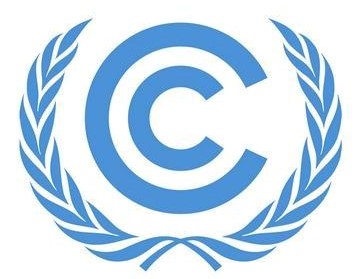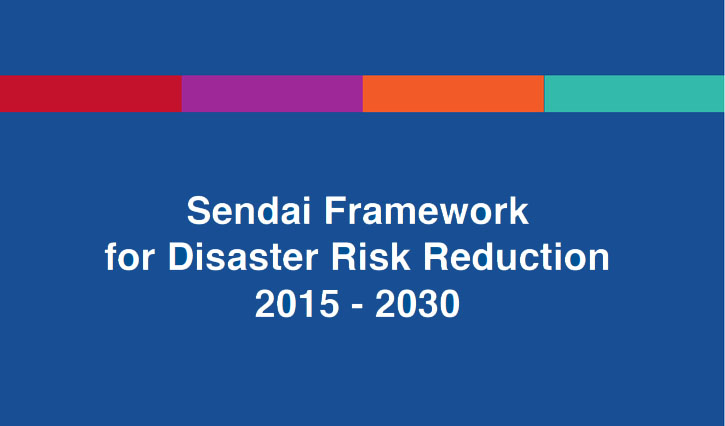The Center participated in the Round Table on water security of the Republic of Kazakhstan
On June 14, 2024 the Director of the Center Mr. Serik Aubakirov took part in the Round Table devoted to summarizing the results of the implementation of the scientific and technical program "Development of scientific and applied bases for ensuring water security of the Republic of Kazakhstan in the transboundary Aral-Syrdarya basin until 2050", organized by the Institute of Geography and Water Security of the Ministry of Water Resources and Irrigation of the Republic of Kazakhstan. Minister of Water Resources and Irrigation of the Republic of Kazakhstan Mr. Nurzhigitov, as well as representatives of interested state bodies and leading scientific organizations and water-related universities took part in the event.
The relevance of the study of water security in the transboundary Aral-Syrdarya basin is conditioned by the instruction of the President of the Republic of Kazakhstan Tokayev K.K., given in 2021 on the need to make a package of proposals to ensure water security, including strengthening the position of Kazakhstan in the negotiation process for the implementation of international documents on transboundary rivers.
Scientists have established that the transboundary Aral-Syrdarya basin of the Republic of Kazakhstan has a full range of hydrological threats related to the depletion and pollution of water resources. At the same time, glaciers in the Syrdarya River basin have been steadily decreasing over the last 60 years at an average rate of 0.8% per year. If current rates of degradation continue, some glaciers may disappear by the end of the current century, as a result, the peak of river flooding will shift from July-August to April-May, and severe water deficit during the growing season will become the norm.
Considering the importance of water resources for sustainable development and under the conditions of expected reduction of water-resource potential of Kazakhstan in transboundary basins due to the growth of water withdrawals in neighboring countries, the Institute has developed a set of measures to respond to the formation of water deficit in transboundary basins.
Thus, the Round Table in its Resolution recommended that the practical results developed under the project should be used by all public and private organizations dealing with water resources in Kazakhstan.















